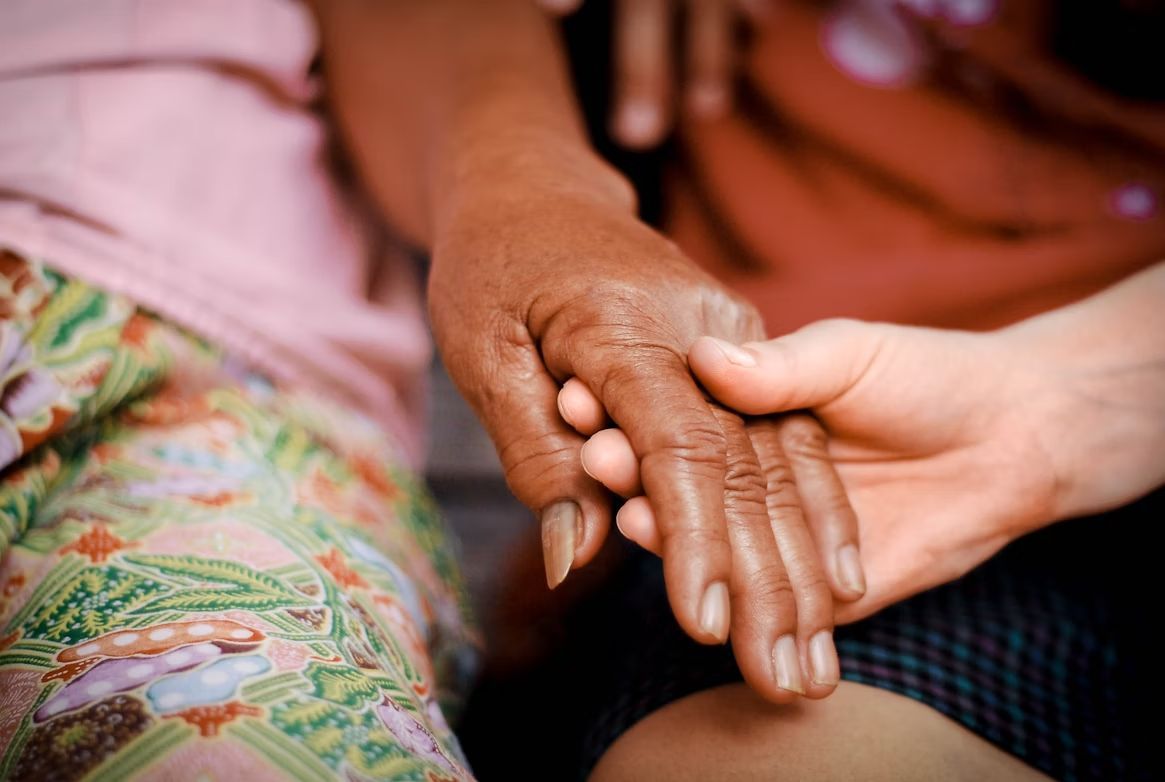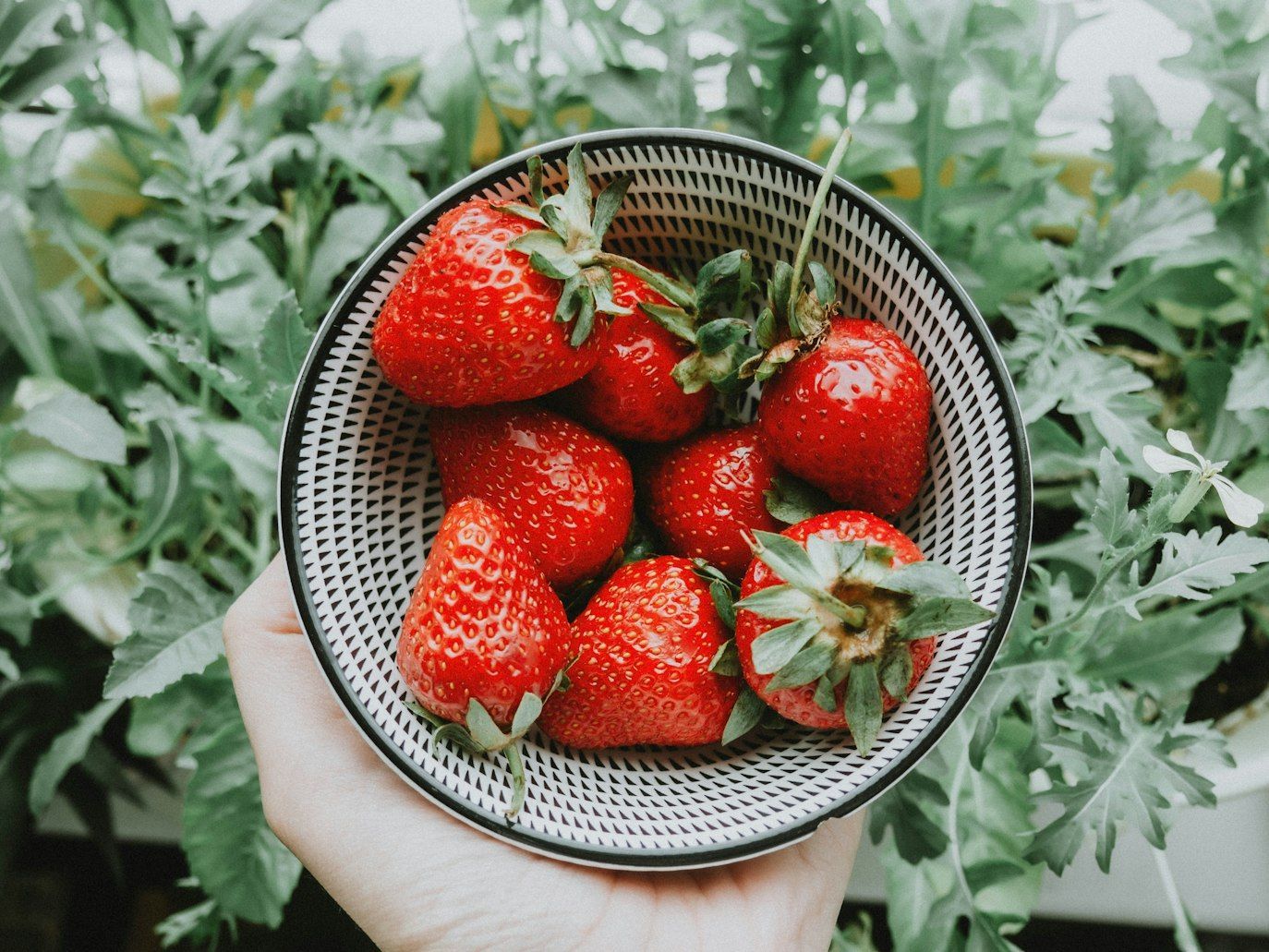Word twins that aren’t
Beware! You’ve been misusing these word pairs for years—let’s fix that
Published on May 17, 2025
 Credit: Eileen Pan
Credit: Eileen Pan
You’re not the only one who thinks the English language plays tricks on us. Plenty of everyday word pairs sound like they’re interchangeable, but using the wrong one can make all the difference. You know what they say: the devil’s in the details. So today, we’re unpacking a few of those tricky duos that people tend to mix up. Buckle up for a fun little language tune-up. It’s never too late to outsmart your spellcheck.
Negative reinforcement vs. punishment
 Credit: Victor G
Credit: Victor G
Contrary to what you might think, negative reinforcement isn’t about scolding—it’s actually about removing something unpleasant to encourage a behavior. Punishment, on the other hand, involves adding something unpleasant to stop a behavior.
So, if you want to discourage your dog from chewing shoes, a punishment might be a firm "No!", while negative reinforcement could involve removing a leash restriction after the dog stops barking. Remember: one removes to reward, the other adds to deter.
Prejudice vs. discrimination
 Credit: Tim Mossholder
Credit: Tim Mossholder
Prejudice lives in the mind: it’s a preconceived opinion about someone based on group identity. Discrimination? That’s when you act on that opinion. For example, someone might think all redheads are hot-tempered (prejudice), but if they refuse to hire one (discrimination), that’s when it crosses the line. Both are harmful, but one’s silent, and the other speaks volumes. And we would advise against both anyway!
Race vs. ethnicity
 Credit: Joeyy Lee
Credit: Joeyy Lee
This one’s a classic. While race often refers to physical traits like skin color—think White, Black, or Asian—ethnicity digs deeper, encompassing culture, language, and ancestry, like Irish American, Korean, or Ashkenazi Jewish.
You can belong to the same race but be part of very different ethnic groups. For example, two people might be considered "Asian" by race but have entirely different cultures if one is from India and the other from Japan.
Disease vs. illness
 Credit: Kelly Sikkema
Credit: Kelly Sikkema
Here’s a helpful distinction: disease is the malfunction; illness is the experience. Disease is what the doctor diagnoses—say, bronchitis. Illness, on the other hand, is how you feel while you’re stuck in bed binge-watching old Westerns with a box of tissues.
It’s possible to have a disease and feel just fine, or to feel ill without knowing the exact disease yet. Sociologists use this distinction to better understand how culture and emotions influence how people seek treatment. It’s why two people with the same diagnosis might cope in very different ways.
Anxiety vs. fear
 Credit: mali desha
Credit: mali desha
They both feel unpleasant, that’s for sure—but anxiety and fear are not the same. Fear is your brain saying, "Danger is here!" Anxiety is your brain saying, "Something might go wrong," even if it’s just in your mind.
Fear is about an immediate, unavoidable threat. Anxiety is more like a long-term guest who overstays their welcome, even after the threat is gone. They also show up differently in your body and brain. Knowing which one you’re experiencing can help you cope more effectively.
Empathy vs. sympathy
 Credit: Saulo Meza
Credit: Saulo Meza
These two are emotional cousins, but most people use them interchangeably. Empathy is when you feel with someone, like you step into their shoes and walk around a bit. Sympathy is when you feel for someone, offering comfort from the outside.
Empathy connects more deeply but takes more energy; sympathy is often where people start. Both are kind, but one reaches across the table, and the other passes the tissues. Either way, we need more of both in the world, don’t you think?
Delusion vs. hallucination
 Credit: Ehimetalor Akhere Unuabona
Credit: Ehimetalor Akhere Unuabona
Let’s clear this one up: a delusion is a belief that isn’t based in reality, while a hallucination is a perception that isn’t based in reality. Think of it this way: if someone believes the government is watching them through their TV (when it isn’t), that’s a delusion. If someone sees people in the room who aren’t there, that’s a hallucination.
One is about what’s believed to be true; the other is about what’s actually sensed. Both are serious symptoms often linked to mental health conditions, but they’re very different in nature and require different approaches to treatment.
Obsession vs. compulsion
 Credit: Deniz Demirci
Credit: Deniz Demirci
If you’ve ever said, "I’m obsessed with crossword puzzles," you’re probably not using the clinical definition. In psychology, an obsession is an intrusive thought or image you can’t shake. A compulsion is the ritual or behavior you feel forced to do in response.
Obsessions might involve a fear of germs; compulsions might include constant handwashing. According to the DSM, compulsions follow rigid rules, while obsessions are mental intruders. They often go hand in hand, but they’re distinct players in the OCD story.
Testing vs. assessment
 Credit: Nguyen Dang Hoang Nhu
Credit: Nguyen Dang Hoang Nhu
Testing is all about collecting data, scores on an IQ test, and answers on a personality inventory. Assessment is putting those puzzle pieces together to understand the person or situation as a whole.
A single test score can say something, but an assessment interprets what it means in real life. Scientists use both to theorize and come up with explanations and solutions. But confusing the two can lead to misunderstanding the process, and your results.
Psychopath vs. sociopath
 Credit: Viktor Talashuk
Credit: Viktor Talashuk
These two terms are often tossed around interchangeably in movies, but they’re not the same. Psychopaths are typically cold, calculated, and harder to spot in a crowd. Sociopaths are more impulsive, emotional, and prone to erratic behavior.
What do they have in common? Both fall under the broader category of antisocial personality disorder. While the terms aren’t used as official diagnoses, they describe different shades of the same behavioral spectrum.










